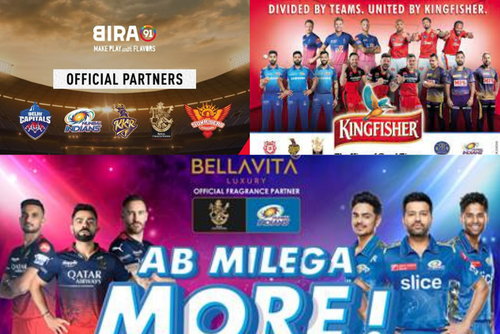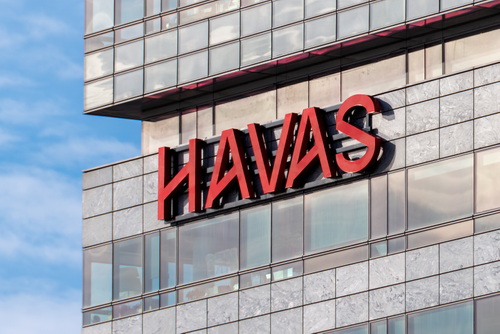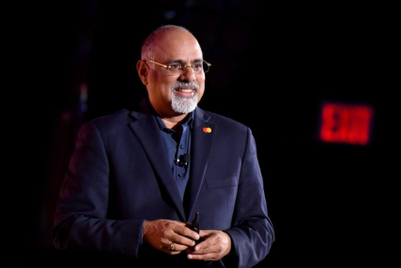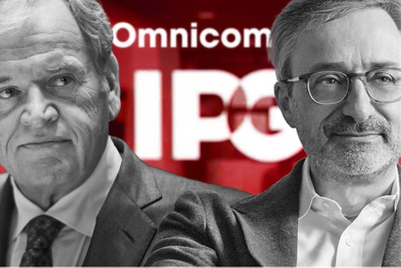
The third day of the DMAi 2014 Convention, 24 January, ended with a panel featuring Sunil Kumar, joint general manager (portals), Indian Railways (IRCTC); Deepa Thomas, head - corporate communications, eBay India; and Gaurav Vora, director, Dynaflex. They discussed ‘The future of e-commerce’. The session was moderated by Murtaza Adenwala, general manager, e-commerce, Go Airlines.
The panel discussed emerging trends that a business should take notice of early and capitalise on. Thomas cited three ‘M’s - mobile commerce, multi-screen commerce and micro multinationals - as emerging trends. While multi-screen commerce uses interactive smart screens and mobile, micro-multinationals refers to the small businesses that are benefiting from retail exports, he explained.
IRCTC’s Kumar said, “Very soon we should get to see a customer responsive website, which really works during tatkal times as well. That is the first trend I would love to see happening and we have invested heavily on that.”
He mentioned that IRCTC would provide travel insurance and dynamic packaging in times to come where packages would be offered combining flights and hotels. About the trends emerging within e-commerce, he said, “The future lies with the customer by removing barriers and creating opportunities.”
Vora noted that B2B was the next big trend and said internet would play a very big role in its growth. On challenges faced by their business, Kumar says that the payment mechanism has been working against the e-commerce industry as it was complicated and time consuming.
Thomas spoke about external partners who haven’t been able to structure their companies for e-commerce - they haven’t understood that they are not catering to the masses and they need to look at the individual retail customers, she contended. “We spend a lot of time trying to help them understand how they can make a transition,” said Thomas.
According to Vora, it is important for a verification system that will build the trust factor with the consumer. He said, “In India what people say and what people show is not exactly what it is. It is very important to have a verification system.”
The panel further discussed the next business that will bring a revolution in the industry. Providing a customers’ point-of-view, Vora pointed to the entertainment segment. “Media has suffered a lot with the emergence of internet,” he said, adding that with the tightening of IP laws, the media industry would benefit.



.jpg&h=334&w=500&q=100&v=20250320&c=1)
.jpg&h=334&w=500&q=100&v=20250320&c=1)


.jpg&h=334&w=500&q=100&v=20250320&c=1)
.jpg&h=334&w=500&q=100&v=20250320&c=1)

.jpg&h=334&w=500&q=100&v=20250320&c=1)
.jpg&h=334&w=500&q=100&v=20250320&c=1)
.jpg&h=268&w=401&q=100&v=20250320&c=1)
_20221124100511.png&h=268&w=401&q=100&v=20250320&c=1)





